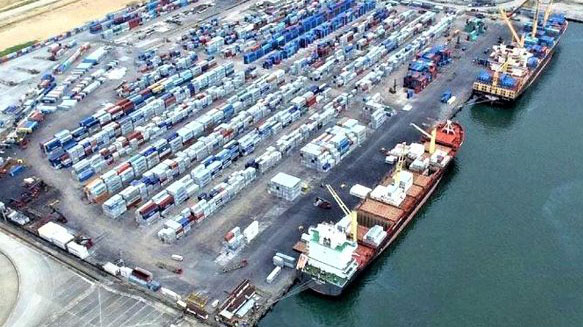The world is projected to fall significantly short of its methane reduction commitment under the Global Methane Pledge, with current national plans capable of delivering only an eight per cent reduction by 2030.
The threshold is far below the 30 per cent target endorsed by 159 countries and the European Union, according to the first Global Methane Status Report launched during COP30 in Belém, Brazil.
Produced by the United Nations Environment Programme (UNEP) and the Climate and Clean Air Coalition (CCAC), the assessment provides the most comprehensive overview under the pledge, warning that global action remains insufficient even as methane emissions continue to rise.
The report highlighted that while projections for 2030 have improved since 2021, due largely to stricter waste regulations in Europe and North America and slower natural gas market growth between 2020 and 2024, emissions are still not decreasing at the pace needed to keep the 1.5°C warming limit within reach.
Ministers and representatives attending the Global Methane Declaration meeting stressed that viable solutions are already available. They called for faster deployment of measures across the energy, agriculture and waste sectors and urged governments to improve transparency in target-setting and emissions reporting.
For Nigeria, Africa’s biggest oil producer and a signatory to the Global Methane Pledge, the findings could accelerate calls for stronger regulations on gas flaring, pipeline leak detection and livestock emissions, particularly as the country positions itself as a key gas supplier under its decade of gas strategy.
Nigeria reflects two significant realities: first, as one of Africa’s largest oil and gas producers and among the top flaring countries, it holds an outsized role in methane reduction strategies; second, the country is positioning itself to benefit from emerging finance and technology for monitoring, reducing and capturing methane across energy and agricultural systems.
Reducing methane leakage across Nigeria’s gas infrastructure could also support foreign exchange earnings and help stabilise power generation.
Director of Programme for the COP30 Presidency, Alice Amorim, emphasised that addressing methane emissions is one of the fastest and most effective actions to be taken to contain global warming.
She added that reducing methane now acts as a true climate emergency brake, capable of helping correct the course and keep the 1.5°C goal alive.
“Treating methane as a priority is not only an environmental choice but a strategic decision for competitiveness, public health, and social responsibility,” she said.
The report finds that more than 80 per cent of the methane reduction potential by 2030 can be achieved at low cost, using existing tools such as leak detection and repair, closure of abandoned oil and gas wells, improved rice cultivation, water management and organic waste separation.
The energy sector represents 72 per cent of this potential, followed by waste 18 per cent and agriculture 10 per cent.
Beyond climate benefits, the report estimates that implementing currently available mitigation measures could prevent over 180,000 premature deaths and avoid 19 million tonnes of annual agricultural losses, a critical factor for developing and food-insecure regions.
From Waliat Musa, Brazil






